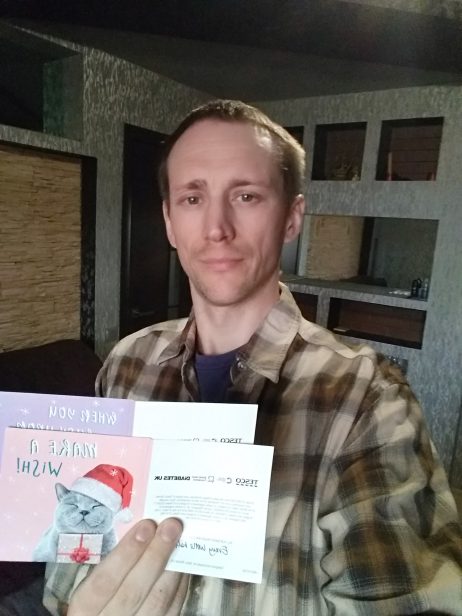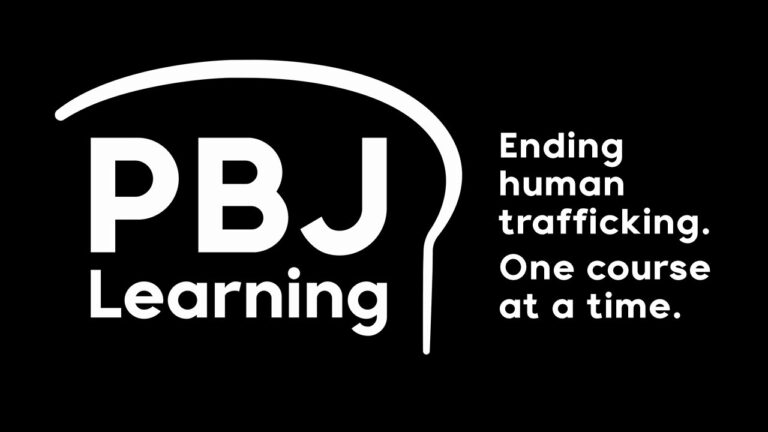Forced Prison Labor in China: Hiding in Plain Sight
Ancient Mogilev, a former city of the medieval Duchy of Lithuania and now part of Belarus close to the border with Russia, cradled along the River Dnieper, is a most unlikely spot for an interview about forced prison labor in China. But this is the home to which Dima Siakatsky returned after his release from…




